Allergy and histamine
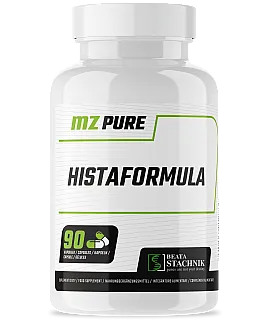
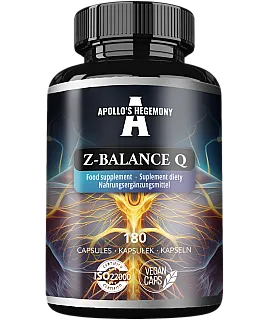
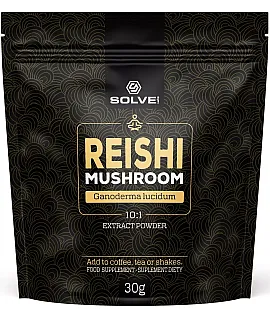
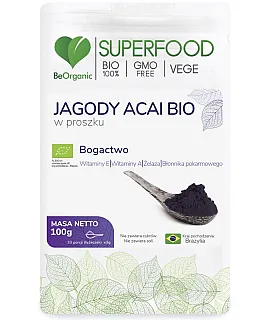
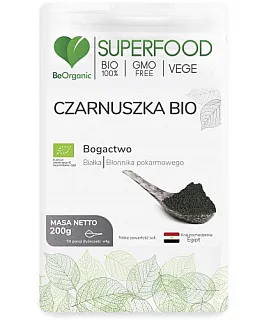
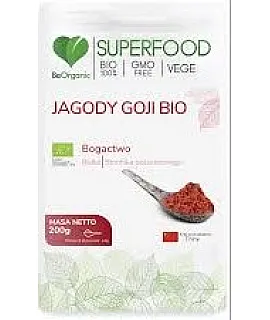
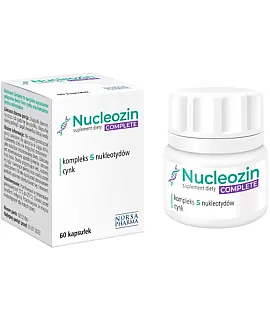
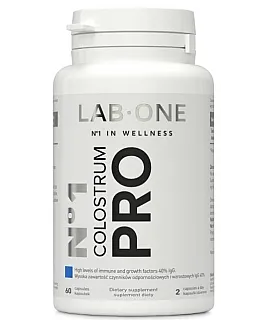
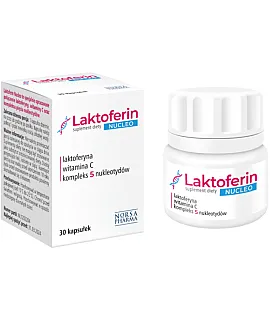
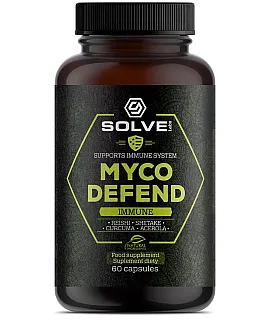
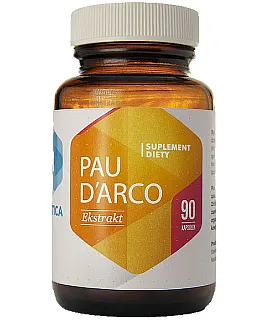
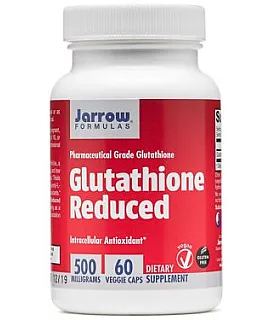
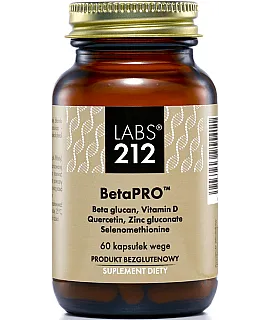
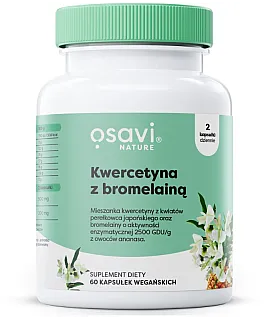

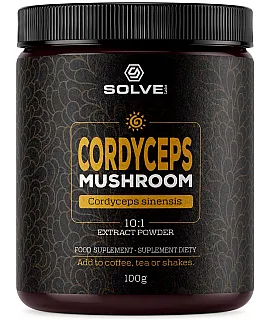
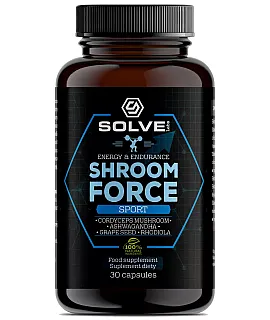
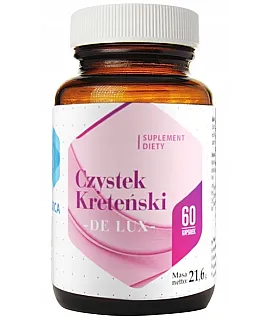
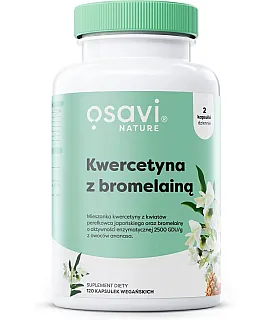
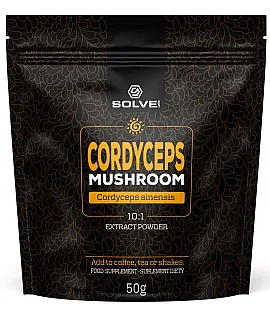
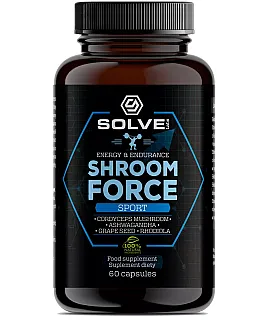
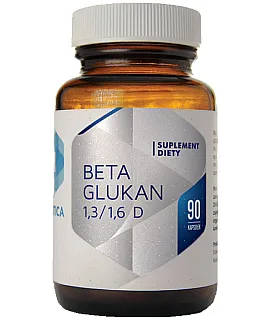
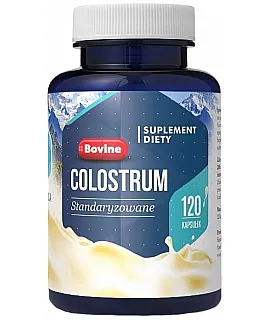
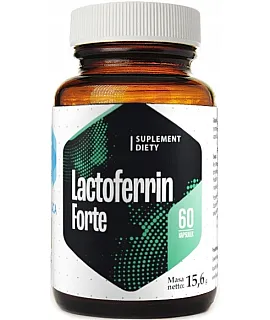
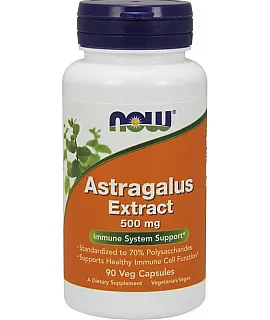
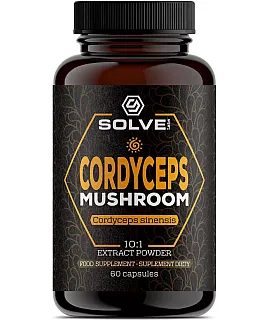
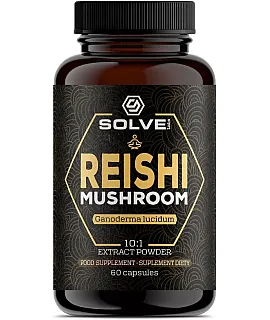
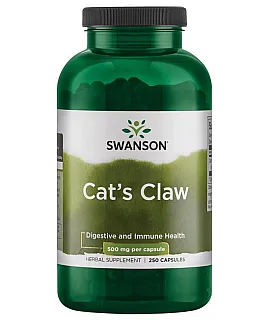
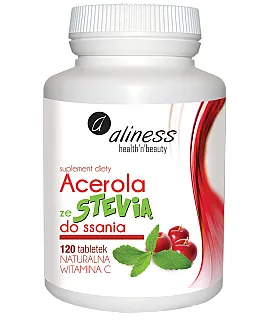

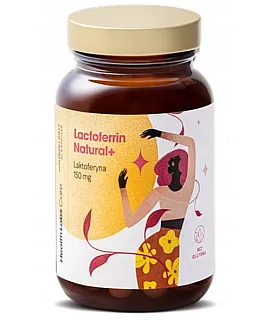
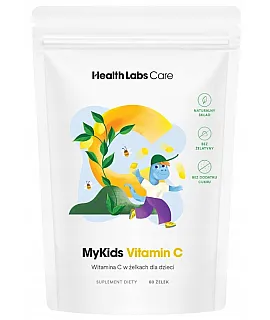
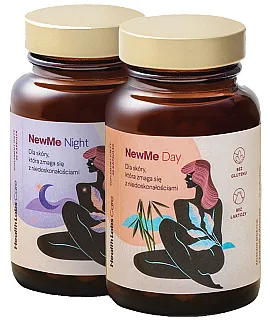
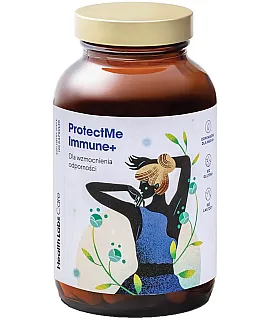
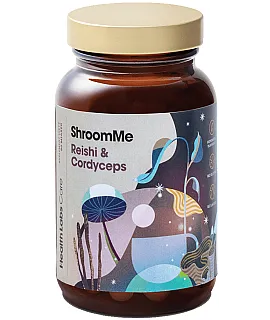
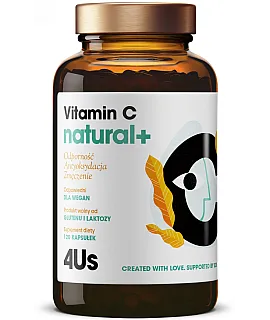
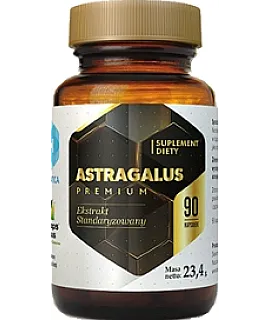
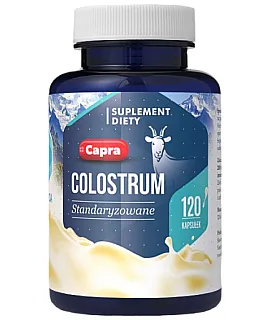
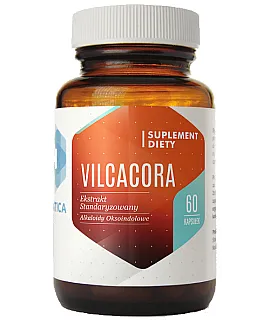
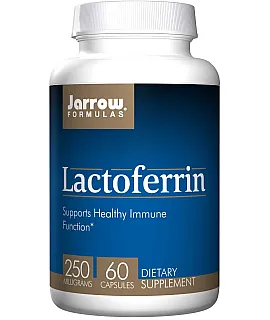
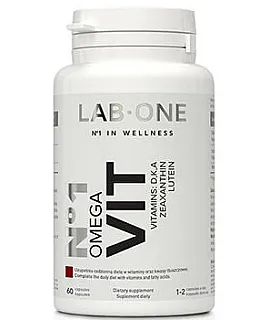
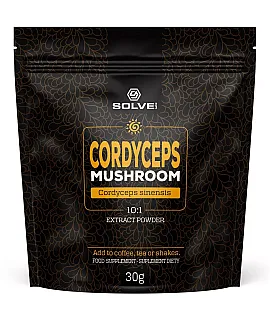
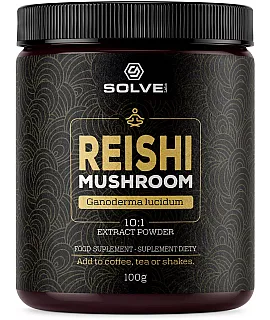
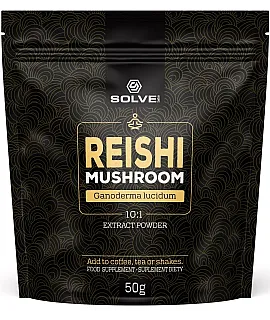
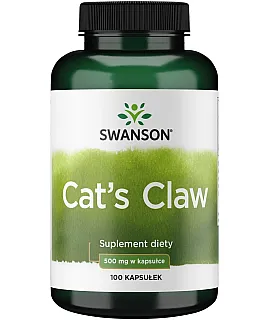
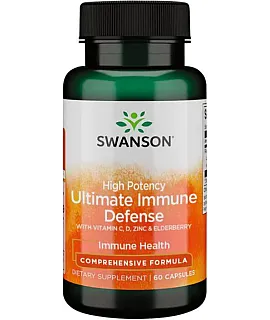
Histamine is a chemical compound that plays an important role in our bodies. However, in some people it can cause unpleasant symptoms, such as bloating, skin redness or allergic reactions. Histamine intolerance is a problem that is affecting more and more people. Fortunately, there are dietary supplements that can help regulate histamine levels in the body and alleviate the symptoms of intolerance.Read more
What is histamine and what role does it play in the body?
Histamine is a biogenic amine that occurs naturally in our body. It acts as a neurotransmitter and is involved in the regulation of many processes, such as gastric juice secretion, smooth muscle contractions and immune reactions. Histamine is also found in certain foods, such as fish, pickles, hard cheeses or wine.
However, excess histamine in the body can cause unpleasant symptoms, such as bloating, diarrhea, abdominal pain, skin redness or allergic reactions. This happens when the mechanisms that control histamine levels in the body fail. One of the enzymes responsible for breaking down histamine is diaminoxidase (DAO).
A deficiency of the DAO enzyme in the body can lead to an excess of histamine and the onset of intolerance symptoms. It is estimated that this problem affects between 1 and 3% of the population, more often women than men. Symptoms of histamine intolerance can be confused with a food allergy, so proper diagnosis is important.
How to diagnose histamine intolerance?
Histamine intolerance can manifest itself in many ways. The most common symptoms are bloating, diarrhea, abdominal pain, skin redness, itching, runny nose, sneezing or headaches. Symptoms can appear from a few minutes to a few hours after consuming histamine-rich foods.
If bloating occurs after eating certain foods, such as smoked fish, or you have skin rashes, it's worth checking to see if you suffer from histamine intolerance. Keeping a food diary and observing your body's reaction to particular products can help.
It's also worth doing allergy tests to rule out food allergies. In the case of histamine intolerance, allergy tests usually come out negative. The final diagnosis can be made by a doctor based on the history and tests.
How to deal with histamine intolerance?
In the case of histamine intolerance, it is important to have a proper diet that limits products rich in histamine. Fermented foods, pickled foods, smoked foods, ripened cheeses, nuts, tomatoes, spinach, eggplant or alcohol should be avoided. Eating fresh, unprocessed foods is recommended.
Dietary supplements containing the enzyme DAO, which breaks down histamine in the small intestine, may also be helpful. DAO supplementation can help regulate histamine levels in the body and alleviate symptoms of intolerance. It is important to dose the supplement according to the manufacturer's recommendations and consult your doctor before starting supplementation.
It is also worthwhile to ensure a healthy lifestyle, regular physical activity and adequate sleep. Stress and exhaustion can exacerbate symptoms of histamine intolerance. It is also important to avoid medications that can block the DAO enzyme, such as some antibiotics and painkillers.
What dietary supplements can help with histamine intolerance?
In our store you can find dietary supplements that can help people with histamine intolerance. One of them is a supplement containing natural diamine oxidase (DAO) extracted from pig kidneys. This enzyme helps break down histamine in the small intestine, which can relieve intolerance symptoms.
The supplement with DAO is available in capsule form, which should be taken before meals. It is important to follow the recommended dosage and not exceed the maximum daily dose.
Another supplement that can support people with histamine intolerance is vitamin B6. This vitamin is involved in the synthesis of the DAO enzyme, and its deficiency can exacerbate intolerance symptoms. A vitamin B6 supplement can help correct deficiencies and support the production of the enzyme that breaks down histamine.
The most important information about histamine intolerance?
- Histamine is a biogenic amine that plays an important role in the body, but an excess of it can cause unpleasant symptoms.
- Histamine intolerance is a problem that affects more and more people, especially women.
- Symptoms of histamine intolerance include bloating, diarrhea, abdominal pain, skin redness, itching, runny nose, sneezing or headaches.
- With histamine intolerance, it is important to have a proper diet that limits histamine-rich products.
- Dietary supplements containing the enzyme DAO or vitamin B6 can help regulate histamine levels in the body and relieve intolerance symptoms.